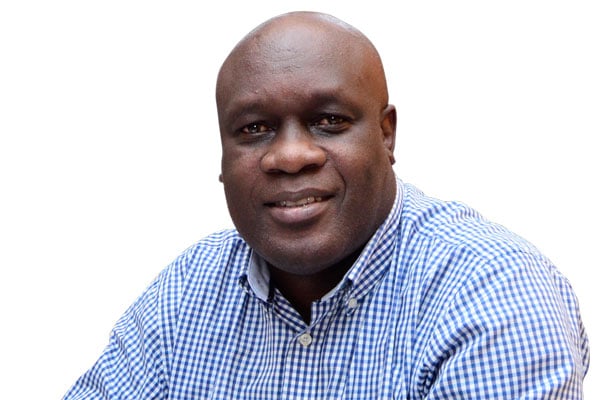Prime
The people have spoken, are journalists listening?

Odoobo C. Bichachi
What you need to know:
There should be no illusions that the journey to change news approach shall be a simple one
NTV-Uganda news anchor Sandrah Kahumuza Twinoburyo opened a can of worms on Twitter on July 1 when she asked the question: “Why don’t you watch news anymore?”
For many journalists sitting in the newsrooms or combing the fields for news content to share with their audiences in the evening television bulletins or the morning newspapers, this could easily be the most outstanding dipsticks on what audiences want or don’t want.
The level of feedback from the public was quite unnerving and the responses were broad; touching the entire media spectrum. A few things stood out though; the audiences seem to have an issue with the message/content of news, an issue with the messenger/media and a lot of issues outside the control of the messenger but for which the media is being punished.
With her permission, I shall extract a few comments to highlight the level of public discontent with Uganda’s journalism in general, but most importantly point to how we can bring back some viewers and readers.
First to the messages! Ivan Lugya said: “Is news only bad? A whole bulletin full of just bad or negative news. Mukyusemu. So many good things happen but you guys choose to ignore them”
Ssemakula Eugene said: “Almost all news items in Uganda are annoyingly depressing. It is therapy and self-preservation to tune off news. After all if it is important, I will get the story via social media.”
P.K Kiganda said: “Same stories of theft, murder, tough economic times, political rhetoric, corruption scandals and extravagance of leaders in this country. Most times watching this drains my soul.”
Ben’ego Nangoli said: “The news by some of the media houses is full of only ugly news. Graft, theft, suicide, police brutality and so much detail of government inefficiencies. Unfortunately with less of the achievements of government. So I choose to pick a book for reading.”
Dick Kasolo said: “Ninety per cent of news is from workshops, conferences, Parliament, press conferences. Very little reporting on things happening within the communities. On social issues, an MP’s comment is sought! …workshop organisers facilitate the journalists to cover their event that is evidently not newsworthy. Same journalists then ask why we don’t watch news anymore!”
Frank Mugabi was even more elaborate; outlining several issues:
-Over concentration on the negative (news trigger for stress, depression, anger, etc)
-Your news is Kampala-based yet we got lots of great stuff happening in other parts of the country
-Opinionated stories (all media houses are culprits)
-Poorly packaged stories (sensationalism has taken over)
-Same newsmakers, commentators, faces in each bulletin. WE are over 42 million Ugandans for heaven’s sake! How can one person be commenting about health, politics, education, roads, water, weather, and everything else with disregard for sector experts?
*****
While the above rate card is clearly damning, the tremendous work journalists do to inform and hold power to account in this country cannot be dismissed. It is this vigilance and saturation of information about all that has gone wrong by the media that has triggered this reflection, anger and despondency among the public, and that is a good thing in a democracy. The alternative, which is blissful ignorance, is worse for the country as it cannot engender change.
That said, journalists must climb down a little from their high horses and realize that “man cannot be fed on bread alone!” The people have spoken and as they say in Latin, vox dei, vox populi! Continuous infusion of negativity is counter-productive and puts off audiences. It is therefore important to strike a balance in the news we provide by showcasing some of the good things that are happening in the country, however far between! Let us also cover the whole country, not just Kampala!
And equally important, journalists must uphold credibility and trust which can only be achieved through balance, fairness, facts and right of reply.
As Amudu Samuel Ian stated, he hates “inconclusive stories that appear to be supporting one side and damning the other…news is supposed to be neutral but these days it is about empathy directed to one part”. Be the watchdog, not the dog in the fight!
There should be no illusions that the journey to change news approach shall be a simple one. It can be achieved and the starting point is deliberate infusion of development and solution journalism which are both within the grasp of newsrooms.
Send your feedback/complaints to [email protected] or call/text on +256 776 500725.



